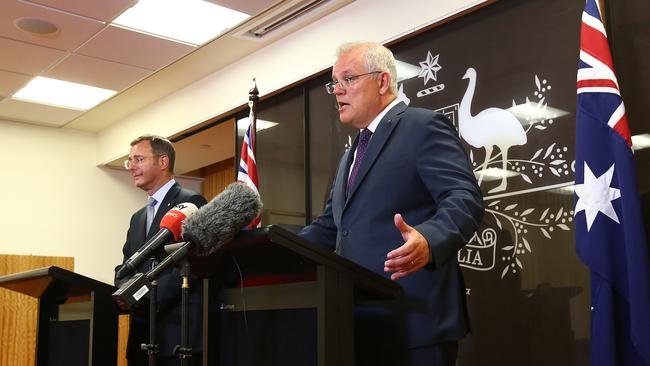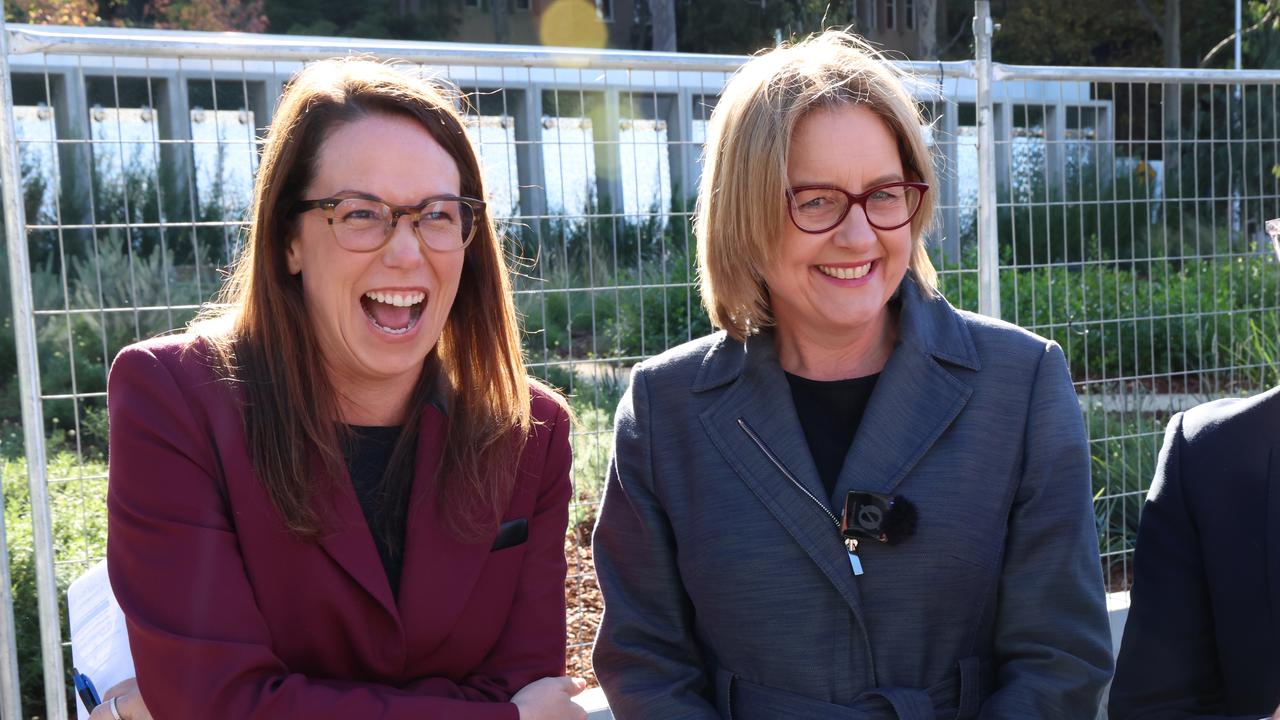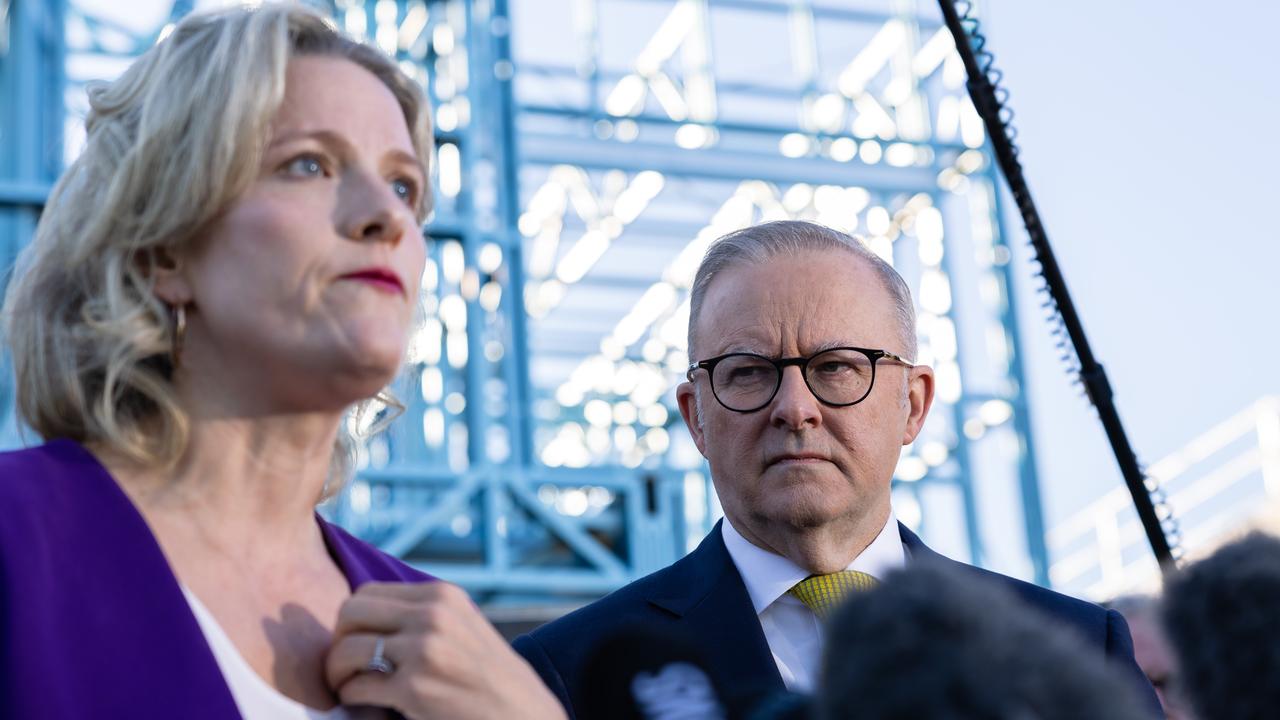No Covid-19 jab order for aged care workers
Australia’s leading doctors have not recommended compulsory Covid-19 vaccination of aged care workers, warning such a move could prevent family members from visiting elderly loved ones.

Australia’s leading doctors have not recommended compulsory COVID-19 vaccination of aged care workers, warning such a move could prevent family members from visiting their elderly loved ones.
The Australian Health Protection Principal Committee, comprised of chief medical officers and their state counterparts, advised national cabinet on Friday that no public health orders were required for mandatory vaccination of aged care workers “at this point”.
“We haven’t yet rolled the vaccine out across the country so we don’t want to be excluding people from aged care because they haven’t been vaccinated because they don’t fall into one of the priority groups that has been,” Deputy Chief Medical Officer Michael Kidd said.
“We want our residents in aged care to still be able to see their loved ones regularly of course. We’re also still learning a lot about the vaccines and about how effective vaccines are at preventing the transmission of COVID-19.’’
The flu vaccine is mandatory in aged care among staff and visitors, stopping family members who are not immunised from seeing their loved ones in centres.
That has prompted concerns the problem may repeat itself if the COVID-19 vaccine was compulsory.
Councils on the Ageing chief executive Ian Yates said if there was evidence the coronavirus vaccines could prevent major transmission he would want them to be mandatory, as most residents who have been infected with the virus got it from staff members. But Mr Yates and Leading Age Services Australia were comfortable with the AHPPC’s preliminary decision.
LASA chief executive Sean Rooney said mandatory COVID-19 vaccinations in aged care should remain a consideration based on medical expertise.
While Scott Morrison had “no doubt” the committee’s position would change if it was decided it could put aged care residents at risk, Professor Kidd said the government was already anticipating a very high uptake across the sector.
As Australia recorded a sixth day of no community transmission, the Prime Minister conceded Australia’s schedule to roll out the Pfizer vaccine was reliant on the delivery of doses. European countries have experienced Pfizer shortages and delays.
While the government was hopeful its rollout would start as planned in mid-to-late February, that could change “and be subject to any impacts on production schedules overseas”.
“It was always our plan to start small and build up. When that can ultimately start is going to be conditional upon those delivery arrangements and the capabilities of producers,” he said.
If the Therapeutic Goods Administration signs off on the Pfizer vaccine, which requires two doses per person, 10 million doses for five million Australians have been promised. The government has also secured 53.8 million AstraZeneca vaccines, which will be manufactured locally.
“One of the reasons that we saw and paid a premium for ensuring we could produce the AstraZeneca vaccine here in Australia was to ensure that particularly over the course of the year we would not be as exposed to the vulnerabilities of those supply chains and producers in other countries,” Mr Morrison said.
Opposition health spokesman Chris Bowen lashed the government for not securing vaccine agreements sooner, declaring Mr Morrison had told Australians “we were first in the queue”.
“No ifs. No buts. No caveats,” Mr Bowen said.




To join the conversation, please log in. Don't have an account? Register
Join the conversation, you are commenting as Logout